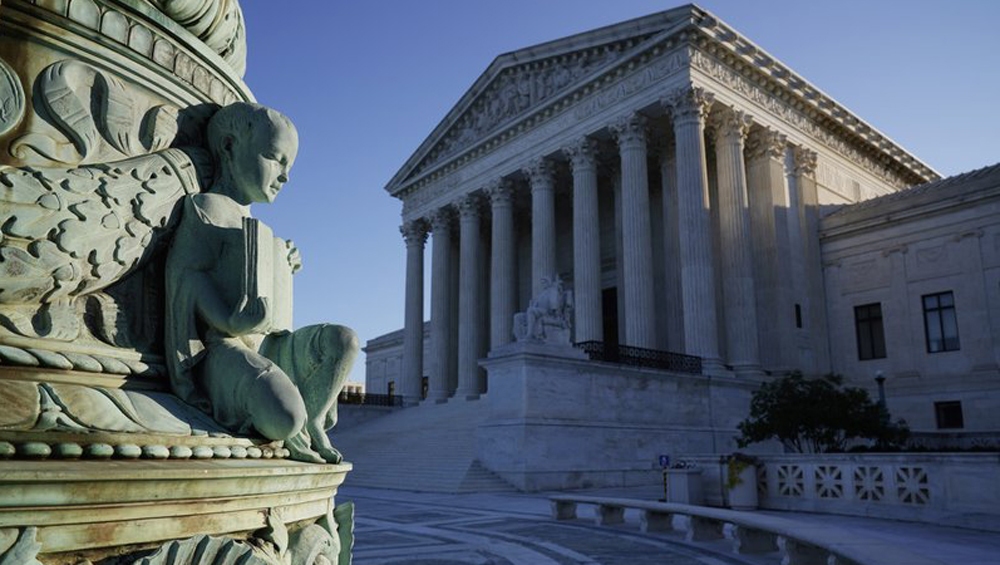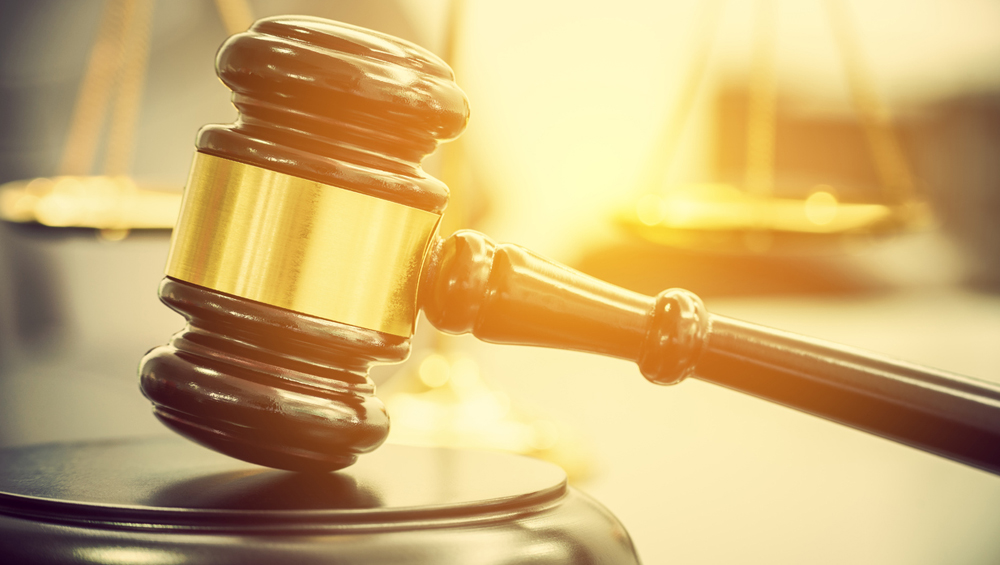
Supreme Court Justice Neil M. Gorsuch last summer signaled his willingness to revisit the landmark media-protection precedent New York Times v. Sullivan. It’s not clear, wrote the justice, “how well Sullivan and all its various extensions serve its intended goals in today’s changed world.” That made for two justices — including Clarence Thomas, an advocate for overturning Sullivan — gunning for a fresh look at the case. But in a recently released white paper on the debate over Sullivan, the nonprofit Media Law Resource Center stacked up refutations to the main planks of the Thomas-Gorsuch argument.
An Increase In Libel Suits Shows Why We Need To Keep Protections For The News Media

The past several years have seen a worrisome increase in libel lawsuits brought by a broad array of political candidates, elected officials and domestic corporate titans, not to mention foreign autocrats and oligarchs. And despite this torrent of litigation, the Supreme Court might be poised to weaken constitutional protections for the news media — “opening up the libel laws,” as Donald Trump once urged.

The trial comes at a time when those who argue that news outlets should pay a steeper price for getting something wrong are more emboldened than they’ve been in decades.
In another Twitter attack on The New York Times, President Donald Trump today floated whether the U.S. should change its libel laws, a threat he made as a candidate that worried First Amendment advocates and could exacerbate tensions between his administration and the press.
In a word, yes. But if established procedures to change laws hold, it would be extremely difficult, requiring Supreme Court action or a change in the Constitution.
What R-TV Can Learn From Rolling Stone
At the end of last week, the press reported on the jury verdict finding Rolling Stone magazine to be liable for defamation for its story, later retracted, about a gang rape at the University of Virginia. While this decision may well be appealed, it nevertheless is a finding of which broadcasters and other media companies need to take note, as it demonstrates that a sloppy review of the facts of a news report can lead to liability — even when reporting on public figures and important issues of wide public concern.









































